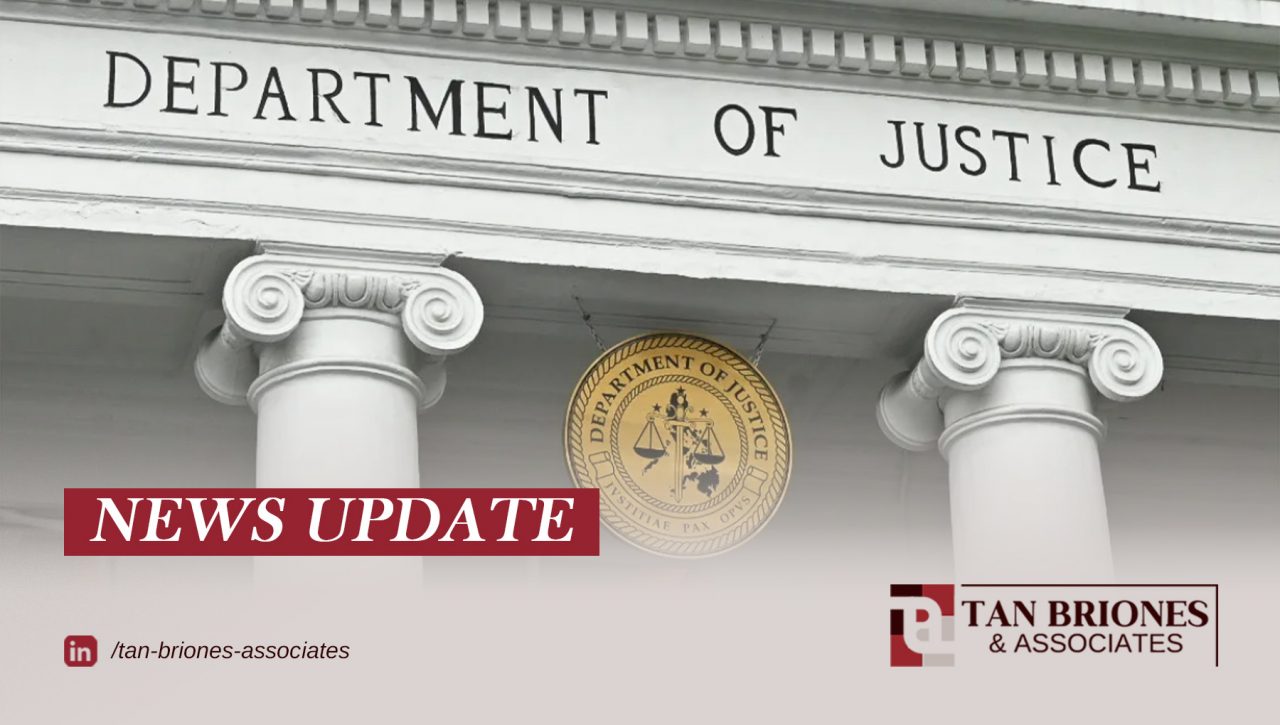
A Department of Justice (DOJ) circular issued in 2024, which sets a higher standard of evidence for prosecuting criminal cases, is facing a legal challenge before the Supreme Court (SC).
Atty. Hazel Meking on June 4 filed a petition for certiorari seeking to annul DOJ Department Circular No. 15, or the 2024 DOJ-National Prosecution Service Rules on Preliminary Investigations and Inquest Proceedings, for allegedly being issued with abuse of discretion and for violating the judiciary’s exclusive rule-making power.
“The issuance and implementation of the assailed Department Circular not only undermines the court’s (Judiciary) power to hear and decide criminal case/s based on evidence presented during trial, the same also impliedly and effectively disregards said power and authority which is solely vested to the Supreme Court (Judiciary),” the petition read.
The circular, issued July 16, 2024, raises the evidentiary requirement during case build-up and before docketing for preliminary investigation, from “probable cause” to “prima facie evidence with reasonable certainty of conviction.”
According to the petitioner, the circular makes it harder for victims to seek justice, as complaints may be dismissed even before a full preliminary investigation or formal trial if they do not meet the heightened evidentiary standard.
Under Rule 112, Section 1 of the Rules of Court, before a case is filed in court, it only requires a “well-founded belief that a crime has been committed and the respondent is probably guilty thereof, and should be held for trial.”
“Yung iba, binabalik na agad sa mga biktima. Napakalaking impact nito sa mga biktima ng krimen dahil hindi ka makapush. Hindi makakaakyat sa korte,” Meking stated in an interview with the media after filing the petition at the SC.
(Some complaints are returned to the victims. This has a huge impact on crime victims because they can’t push forward. The complaint can’t reach the court.)
The petition argues that Justice Secretary Jesus Crispin Remulla exceeded his authority by issuing the circular, encroaching on a power solely vested by the Constitution in the SC.
“The Honorable (DOJ) Secretary does not possess the power and authority to issue and implement circulars that has the effect of altering and/or modifying rules of procedures as in this case, the quantum of evidence necessary for the prosecution of criminal offenses of the Revised Penal Code and other Special Penal Law/s. Said power to promulgate rules in pleading and practice is solely vested to the Supreme Court,” the petition wrote.
Meking, in the same media interview, further shared that many lawyers have encountered complaints dismissed without hearings, and expressed concern that some prosecutors may be using “lack of certainty of conviction” as an excuse to avoid pursuing cases.
“Hindi lang ako. Maraming lawyers ang makakapagpatunay na ginagawa talaga ito sa aktwal na buhay sa different cities, different prosecutors,” she said.
(And it’s not just me. Many lawyers can attest that this really happens in actual practice, in different cities, with different prosecutors.)
Follow Tan Briones & Associates on LinkedIn for more legal updates and law-related articles.







